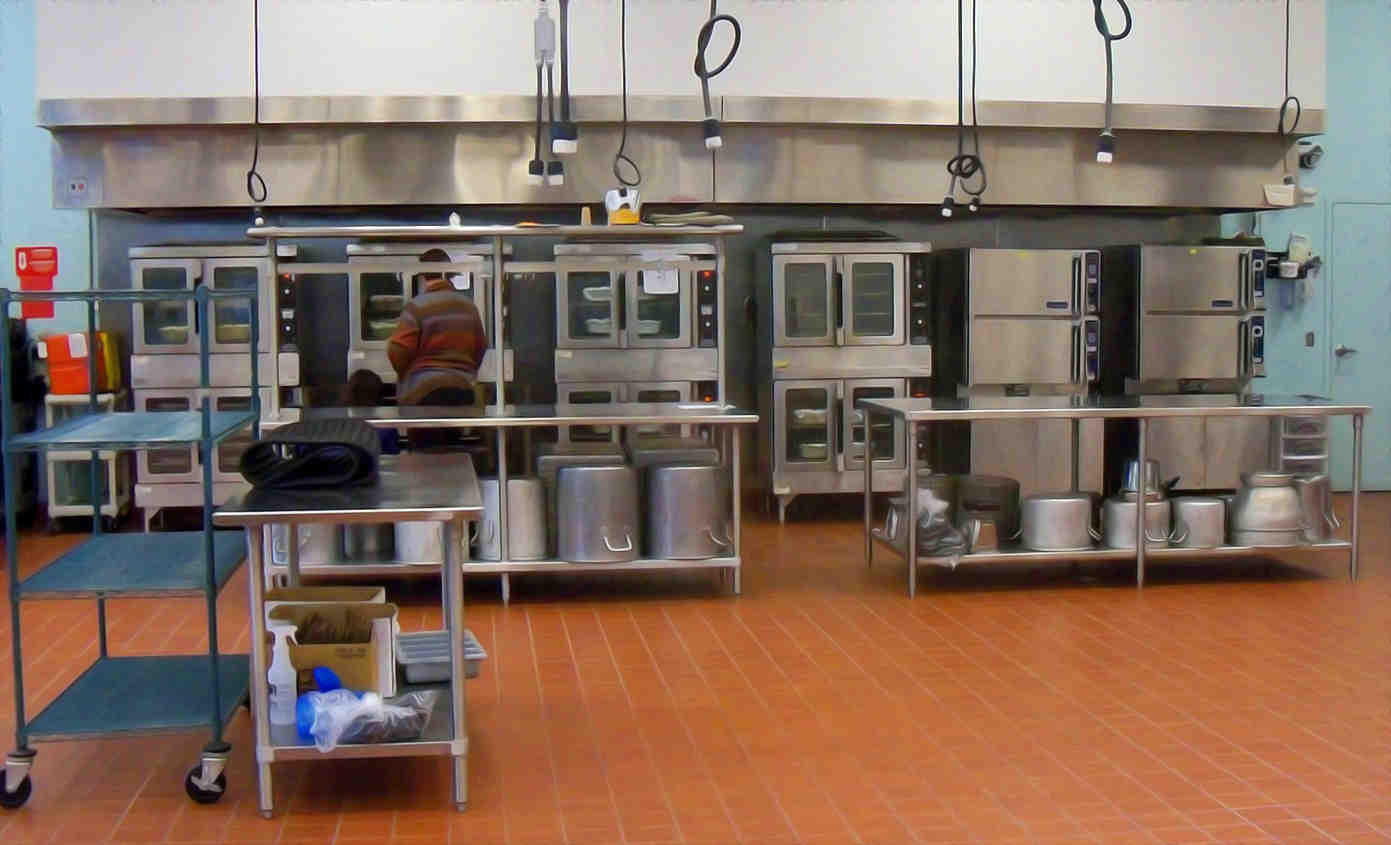
Working in catering is a challenging job, which can be made even tougher when you’re stuck using the wrong equipment.
Whether it’s out-dated, only partly functioning or just not your first choice, many chefs have an image of what their ideal kitchen would look like and it’s probably not the one they are currently stood in. If you’re a chef with a budget for some new equipment, where do you begin? You’ll want to get the most out of your existing space, make it cost-effective yet efficient and be able to complete your job successfully.
1. Suitable for demand
The equipment you choose must be able to meet the demand of your customers.
You need to ensure that you can easily produce enough food to match the numbers
you regularly receive. Think about the power capabilities of the equipment too. Not
enough and it will struggle to keep up, possibly experience a breakdown and require
mechanical maintenance.
2. Will the appliances meet Food Safety Requirements?
As you would expect, catering is a highly-regulated and inspected industry. Yet still,
there are over 1,000,000 food poisoning cases annually attributed to professional
eateries. There are very strict penalties for not adhering to food safety laws,
including imprisonment. Investing in purpose-built, specially designed equipment
such as blast chillers and Walk in Cold Rooms will ensure
you stick to the letter of the law, reduce the risk of ill health and protect your
business and reputation.
3. Energy Efficiency
Yes, new equipment is a substantial investment, but you need to weigh up the long-
term benefits. Commercial kitchens use more energy per square foot than any other
commercial enterprise, so you’ll be wanting to make savings when it comes to the
use of that energy. With new energy-efficient appliances, you could save up to 20%
on your annual fuel bill.
4. Suitability for a commercial environment
This point might seem obvious, but you should never use domestic appliances in a
commercial kitchen. You need commercial goods for a commercial kitchen, not least
because any warranties will be invalid if you use a domestic appliance in an
inappropriate setting. They also won’t be up to the demands placed on them.
5. Size Matters
Most importantly, will the equipment fit? You need to measure up thoroughly and
consider how your existing space can accommodate any new appliances you want
to install. If your space is restricted, you could consider multi-functional appliances
like a combi-oven to help you in your space-saving quest.
6. Will your appliances be fit for the future?
Businesses with ambition will be looking to invest in equipment that fits in with future
plans and won’t hold them back. When you’ve decided on an appliance, check if a
newer model is about to come on the market that it might be worth waiting just a little
longer for.
7. Will your equipment cope with changing food trends?
Catering and food have changed hugely in recent years and could do the same
again over the next few years. With increasing knowledge and press information
covering topics such as allergies, food intolerances, veganism and paleo diets – will
your investment help or hinder you when coping with emerging trends?

Leave a Comment
Your email address will not be published. Required fields are marked *